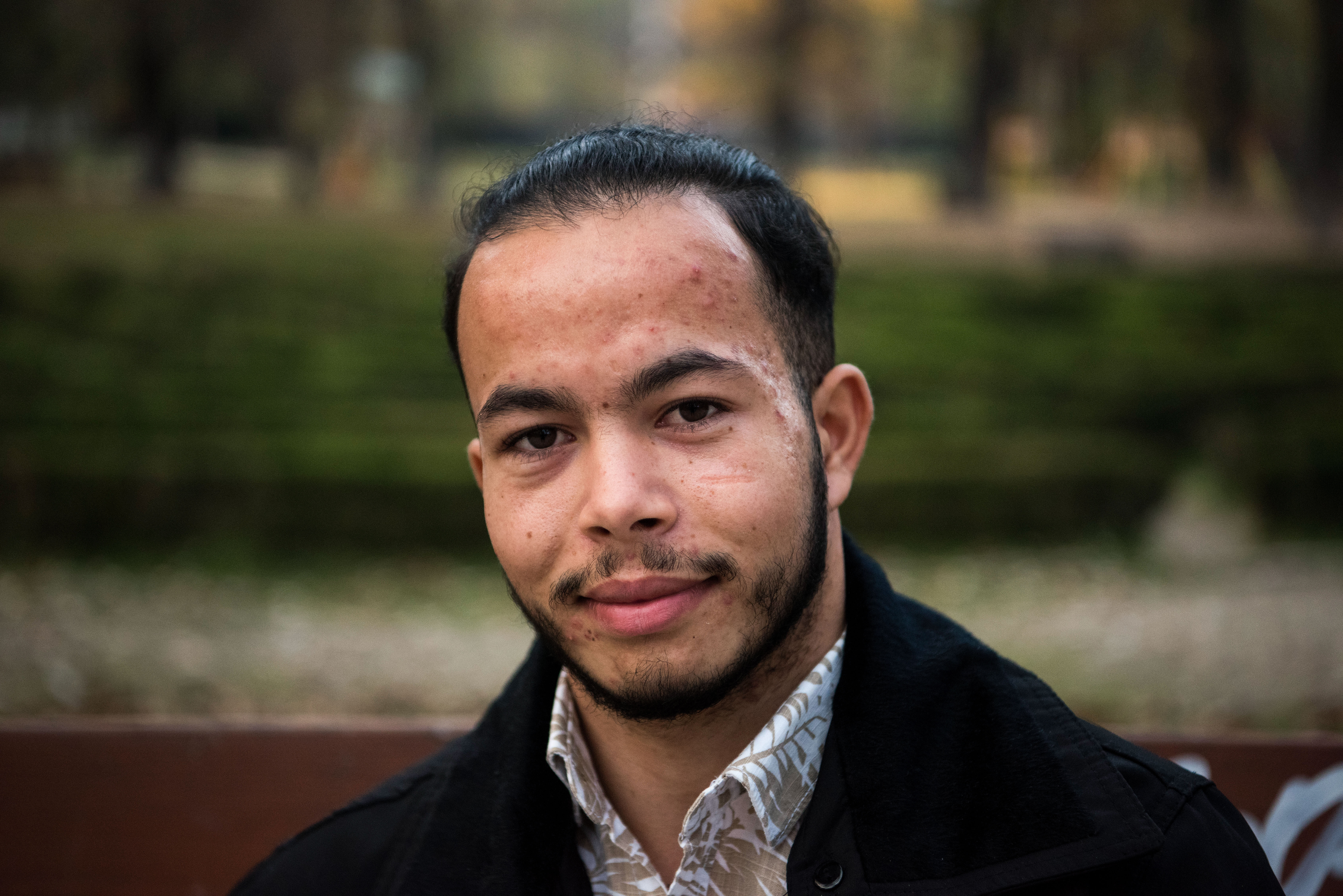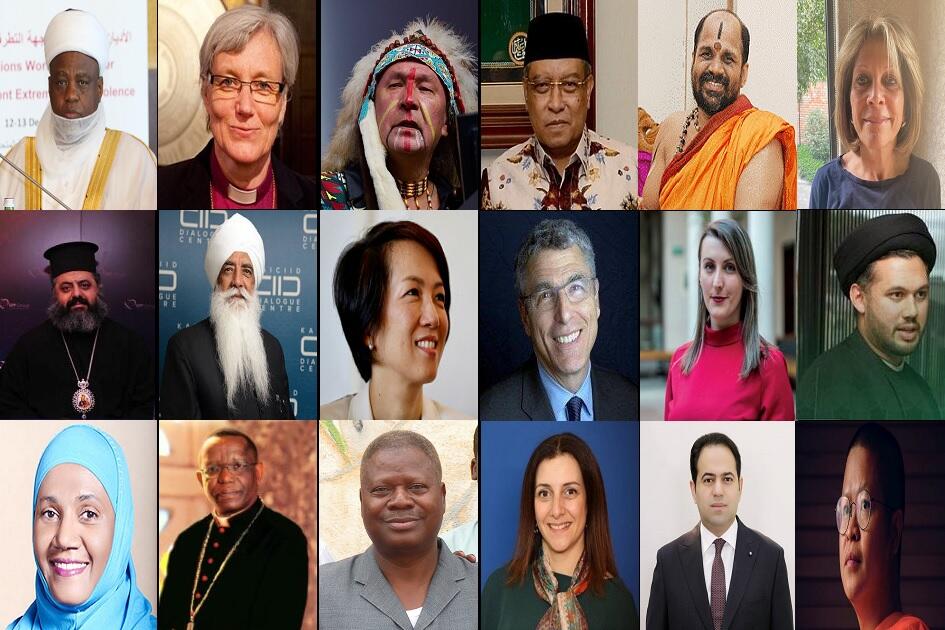UNHCR looks to legislation to resolve statelessness in the United States
UNHCR looks to legislation to resolve statelessness in the United States

WASHINGTON, DC., United States, June 9 (UNHCR) - A campaign to bring greater attention to statelessness in the United States and to encourage the passage of legislation that would address the issue was launched Tuesday in Washington, D.C., by UNHCR and Refugees International.
The centrepiece of the event, which took place on Capitol Hill, was the screening of the video, "Statelessness in the US: Searching for Citizenship," produced by the Washington office of the UN refugee agency.
Stateless individuals are those who are not considered citizens of any country. Speaking at the event, UN Deputy High Commissioner for Refugees T. Alexander Aleinikoff called statelessness "a silent denial of rights," while stressing UNHCR's commitment to addressing the issue globally and in the US. "Imagine the feeling of having no country you belong to," he added.
Current US law does not provide stateless people with any legal status. Unable to return to their former countries, stateless individuals living in the United States risk being detained and must apply annually for permission to work.
They also face travel restrictions, which can even keep them from leaving their state. They must also routinely report to immigration officials - a requirement that can last for decades and, potentially, for life.
The Refugee Protection Act of 2010, introduced by Democrat Senator Patrick Leahy, would amend US immigration law to create a mechanism for stateless individuals to become lawful permanent residents and eventually American citizens.
The legislation would provide a critical means of restoring basic rights to individuals who, through no fault of their own, have been stripped of something central to a person's identity - citizenship and the legal bond between individual and state that goes with it.
There are several ways a person may become stateless while in the United States. One of the most common is for the nationality laws of their home country to change while they are in the United States, such that their home country no longer recognizes them as a citizen.
For example, during the break-up of the Soviet Union, some individuals in the United States as Soviet citizens were then not recognized as nationals of the newly formed independent states. When it came time for these individuals to return, the newly formed state would not accept them back. In some circumstances, a country may refuse to recognize nationals of its country, effectively rendering them stateless.
With the launch of its film on statelessness, UNHCR is aiming to bring greater attention to this under-reported issue while advocating for a durable solution to statelessness in the United States.
Speaking at Tuesday's event, Congressman Howard Berman, chairman of the House Foreign Affairs Committee, pointed to the United States' record of assisting the displaced around the world in calling for legislation to address statelessness in the US.
"America resettles more refugees and grants asylum to more people than any country the in the world," he said. "Given this tradition we must also take action to solve the problem of statelessness. American must lead by example."
By Tim Irwin in Washington, DC., United States








